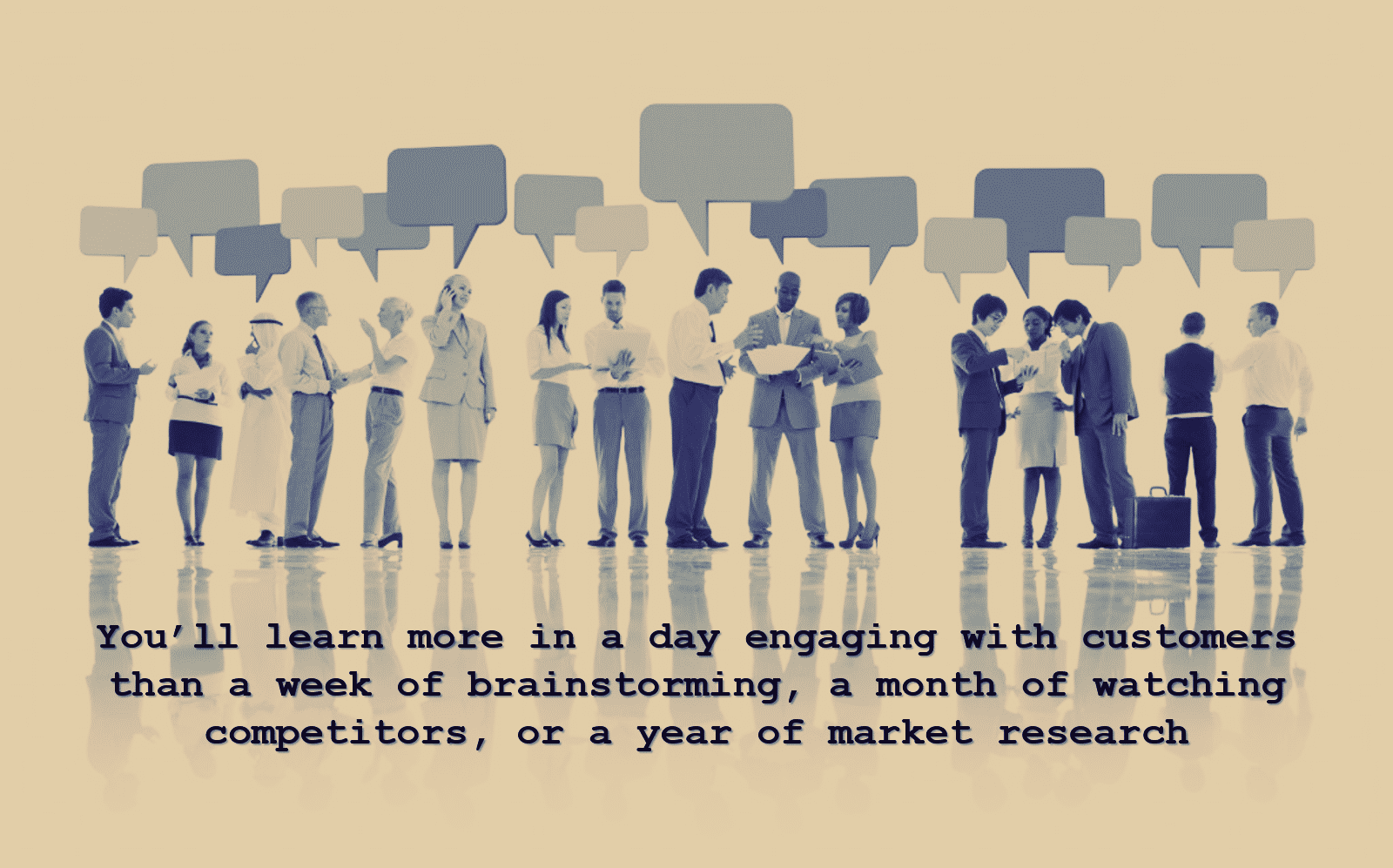Thoughts
Thoughts

By James Johnstone
•
21 Jan, 2021
In any endeavour; business, sport, life, the way you approach the challenge ahead can significantly effect the outcome. You get the usual advice like "fail to plan, plan to fail", but it's more nuanced than that, as the plan is nothing without execution, and execution is nothing without a process. Taking up the theme of... “A good process guarantees no outcome, only the highest probability of achieving desired results”, if you make clear your intended approach to the process you can change the world. Don't believe me? Let me introduce you to Joe Maddon. Joe became the manager of the Chicago Cubs baseball team post-2014 season after they had finished bottom of the National League Central Division five years in a row. In the 2015 season he got them to post-season play-offs and in 2016 took them all the way to win the World Series for the first time in 108 years. Here's how he did it... "I really believe the process is fearless. If you're really focusing on outcome and just winning, then you can become fearful. But if you just focus on the process, the process is fearless... I'm telling you, man, from the beginning of Spring Training, that's all I talk about. I don't want to play any different game when it gets to October than we played in Spring Training, in April... You play the same game, and if you prepare that way and don't apply more weight to any particular moment, chances are when you get to a more weighted moment from the outside, you can play your game." Go find your process, and you'll find your fearless self. JJ

By James Johnstone
•
21 Jan, 2021
© Energy Voice 2018 This Energy Voice article, published yesterday, highlights a crisis, that, though recognised by the industry, remains a difficult subject to openly discuss leaving it dangerously unaddressed. https://www.energyvoice.com/oilandgas/north-sea/180318/hse-highlights-more-than-900-offshore-issues-in-2017/ Again more evidence of the lack of a collective approach in our industry, as in the last few weeks we've read about... platform demanning due to unsafe lifeboats, strike action sanctioned in both UK and Norway, oil majors divestment plans for UK assets and the ongoing issue of gas leaks and failed detection systems. For sure money is the prime driver, but those who have secured billions of investment and those looking to do so in the future need to ensure they have an engaged workforce on safe, efficient and resilient assets generating the cash needed to meet their financial obligations. Taking a lead from other industries by mandating asset management to ISO 55001 standard would be a good start. A prime goal of MER is to make UKCS an attractive region for investment. IMHO, on both safety and operational efficiency we still have far to go. Stay safe, JJ

By James Johnstone
•
21 Jan, 2021
Cultural change… it’s a difficult journey. Changing the behaviour of people is the most important challenge for businesses trying to compete in a turbulent world, says John Kotter, a Harvard Business School professor. "The central issue is never strategy, structure, culture, or systems. The core of the matter is always about changing the behaviour of people." "Behaviour change happens mostly by speaking to people's feelings," he says. "This is true even in organizations that are very focused on analysis and quantitative measurement…in highly successful change efforts, people find ways to help others see the problems or solutions in ways that influence emotions, not just thought." Framing the change is critical. Joy is a far more powerful motivator than fear, so reframe on the “Joy of Success” rather than the “Fear of Failure”. Communicating the vision is especially hard to do for large groups of people so the story must be simple, identifiable and positive to achieve collective buy-in. To build on that initial buy-in though you need momentum. That’s best achieved by delivering short-term wins, and celebrating successes that reaffirms progress made, reward the hard work and keeps the critics at bay. Without sufficient early wins that are visible and impactful, cultural change quickly and unheroically run out of steam. We all recognise leaders are important but so are the first followers as they reinforce and further advocate the change. Check out this excellent example how first follower behaviour is the key to cultural change. https://www.youtube.com/watch?v=fW8amMCVAJQ That's it for this week, but I leave you with one final question... who are you following? JJ

By James Johnstone
•
21 Jan, 2021
In oilfield chemicals no-one really sells anything anymore. I’ve been doing business in this sector for well over 20 years, and for the customer, more often than not, it’s never been about sales. In upstream oil and gas, the “sale” is so long, complex, and consultative, it more correct to call it a partnership. It’s an exploration of client needs, followed by a custom solution, followed by a real time monitoring of performance, followed by verification/validation of said performance, and then back to the beginning. It’s not linear, just a cycle. Suppliers have no pure sales teams as such; instead they have customer engaging people that work closely with prospects and clients. This is not getting cute with job titles, it is how business is done. Companies delivering a joined-up approach bringing technology and service to meet their customer’s needs. Leveraging their services/products, insight, people, and ideas in a mutually beneficial relationship. They are not “selling” them a chemical and sitting back, they are full integrated into their customer’s operations. Good business is about being there for your customers every day. In oilfield chemicals, capturing a new account is an incredibly hard and long process. Having good people delivering good results almost always ensures client retention, as, without a significant compelling reason, no customer will take on the cost/risk of change. Contract renewals are the lifeblood of this business. Taking care of your customer is deadly serious business thus “partnerships” not “selling” is the required approach especially when the industry is facing ever-bigger challenges. The Big Shift Change and recent shedding of experienced work force has hit very hard creating a huge knowledge and competency gap. Therefore, customers will now only partner with suppliers who offer Insight, Ideas, Innovation and most critically… Impact. Ed Catmull (founder of Pixar Animation Studios) writes, "When faced with a challenge, get smarter" and he explains that so much of getting smarter is hiring and putting together the best team possible. He goes on to say: "Ideas come from people. Therefore, people are more important than ideas... If you give a good idea to a mediocre team, they will screw it up. If you give a mediocre idea to a brilliant team, they will either fix it or throw it away and come up with something better." There are only 4 key elements critical to the DNA of a successful chemical/service company: • The team. Right people = right result • Focused organisation with clear strategy • The language and culture of client service and safe operations • Innovation and execution, delivering demonstrable performance from your products and services The team is the most important because everything else flows from that. Get that right and the business will take care of itself. JJ (with Esa Mikkola)